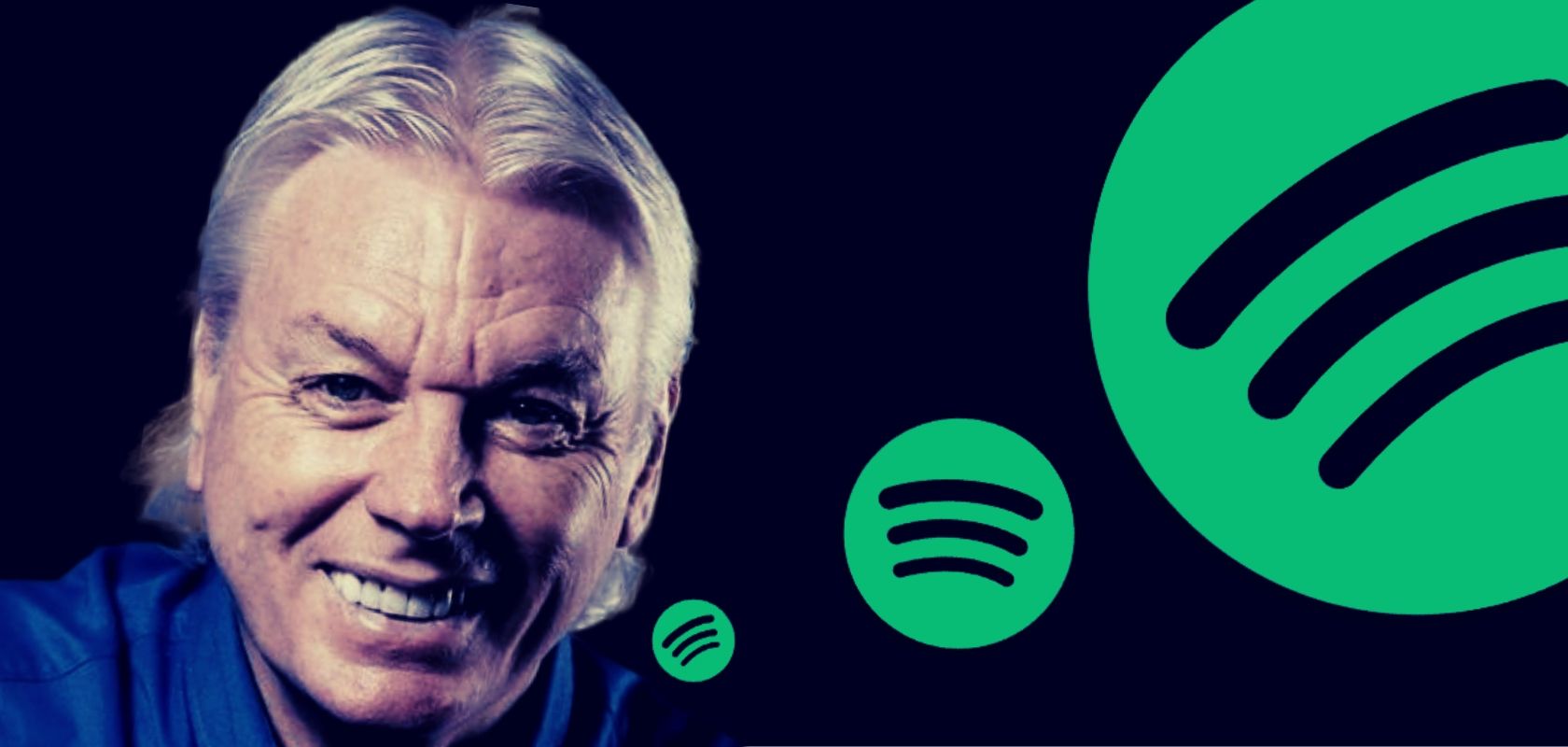The thoughts of David Icke – a British commentator considered a leading conspiracy theorist – concerning the global coronavirus pandemic crisis have been kicked off of Spotify.
The world’s biggest audio streaming platform did this by removing a podcast interview Icke had done for London Real about a month ago.
The interview got a lot of negative traction among corporations, who one by one controversially deplatformed it back when it first came out.
The title of the episode was, “How Covid-19 will seize your rights & destroy our economy.”
It’s now early May and we know for sure that the coronavirus crisis is indeed seizing our rights through a new wave of normalization of censorship and mass surveillance, and destroying our economies – but we need to ask ourselves: does it have to kill free speech as well?
It bears repeating: it’s not about whether or not you agree with Icke’s point of view. It’s about the fellow’s right to speak his mind, and your right to choose whether or not to hear it. And both these are being severely compromised here.
To be fair, Spotify didn’t even think this content warranted thought police intervention until corporate broadcaster CNBC got round to flagging it, and is how happy to report about the result.
What that really means is that if you get your podcasts from Spotify, expect that the content of the feeds you’re subscribed to may or may not be subject to a censorship process, where what the creator publishes on their feed may not be what you’re allowed to listen to. In short: if CNBC or some such entity thinks you shouldn’t listen to an episode of a show – then you won’t.
Notably, though, the same broadcaster – no doubt only with the intent of piling on pressure on Apple in mind – says that Apple, who received the same complaint, “did not respond to CNBC’s request (to remove the Icke interview episode).”
It’s important to watch how this develops because virtually all podcasting apps, otherwise unrelated to Apple, use its “itunes.apple.com” directory to deliver content to their users/podcast subscribers, and likewise, creators use it to publish their content to everybody out there, not just iPhone users.
In short: Apple getting on the podcast censorship train would have massive ramifications well beyond the giant’s own ecosystem.












